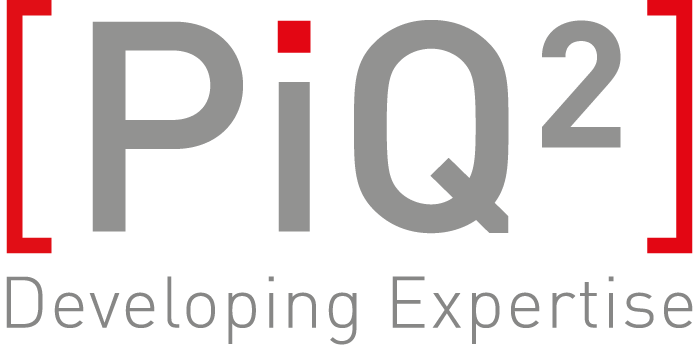Despite the core business of PiQ² is the development and sale of software, technical training is a service of primary importance that PiQ² can supply to all companies that want to request it, regardless of the purchase of the Castle software.
This service aims to support the company on a path of progressive growth and the acquisition of skills in all areas collateral to what is the simulation activity. PiQ² recommends technical training to users who are going to purchase or already own simulation software, intending to provide them with the tools to evaluate the simulation results with a more critical spirit and understand the underlying logic.
PiQ² training usually involves various professional figures: from the worker to the foundry technician, passing through the technologist, engineer, or product developer. The on-demand courses are always tailored according to users’ needs and the training objectives of the company. They have a transversal and stratified approach, which aims to provide information common to all the professional figures involved and their various levels of specialization.
What are the main training courses offered by PiQ²? What is the approach used?
The main topics to which the PiQ² courses refer are mainly related to the calculation and design of molds.
In the last five years, a very popular type of training is about product design optimization: component designers are trained to do it correctly so that castings are then produced easily, exploiting the characteristics of the materials and technologies used.
PiQ² courses are not intended as purely didactic but can be defined as “training consulting courses”: technical teaching on a given topic is always adapted to the reality and needs of the company. The subject of contextualization is fundamental: each company is a world in itself and is made up of different dynamics and processes. This has implications on the one hand on teaching, as regards the choice of topics to be treated or practical applications, which differ from company to company. On the other hand, it is reflected in a precise approach of PiQ² to the meaning of training, which avoids pre-packaged solutions and universal truths, but first studies the company, understanding its strengths and margins for improvement, in order to embark on a real path of growth.
PiQ² training courses: from preparation to delivery methods
The preparation of a training course involves a preliminary interview with the company concerned, where the fundamental aspects of the course are defined: the recipients, the type of products, machines, equipment as well as the objectives to be achieved.
The training courses are subsequently prepared and carried out entirely by the PiQ² team, with the possible help of collaborators to support them in case you want to deepen particular topics outside of the main training offer.
The training courses are delivered directly at the company or in the classrooms made available by PiQ². The current situation we are experiencing has made it necessary to include distance learning among the delivery methods.
According to the experience of PiQ², one of the advantages of face-to-face training is the establishment of a team spirit and a common corporate vision among the course participants. Being in the same room with other professionals, without a production need and with a serene atmosphere, allows constructive confrontation and the emergence of those team-building dynamics that improve everyday operations within the company. Each figure becomes able to understand the value of their work, in themselves and in relation to that of others, feeling part of a real team and consequently more empowered.
In conclusion
Courses and technical training are services that PiQ² has always offered regardless of the purchase of the software because they are considered essential for a business growth path.
While at the beginning companies were reluctant to invest in training, in the last five years there has been a reversal of trend and the subject of training is viewed with increasing interest because it is considered a factor that brings added value to everyday operations.
For those who provide training, instead, it is essential to prepare tailor-made courses, since each company is an ecosystem that must be carefully studied before proposing solutions and methods that can lead to the increase of skills and productivity for all the professionals involved in a training event.
Because a good education is not limited to imparting formulas and theories but aims at teaching to understand things and to find ways to overcome problems.

